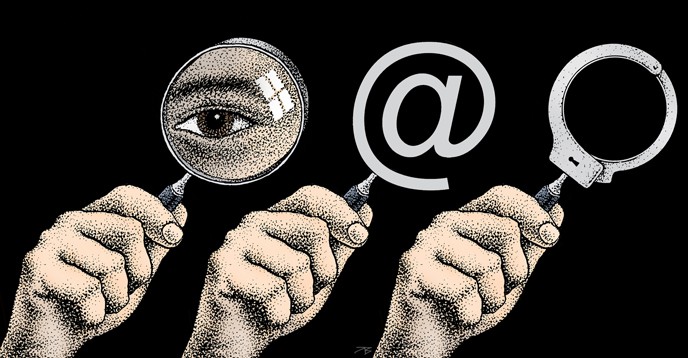The Free Media Movement is deeply concerned about the right to the Freedom of Expression and Media Freedom that could be severely compromised with the new legislation that the Cabinet has requested the Legal Draftsman to come up with to curtail what the Government terms as false and misleading online posts
Cabinet approval was granted to draft these laws based on a joint Cabinet paper presented on April 20, 2021, by Justice Minister Ali Sabry and Media Minister Keheliya Rambukwella.
The spread of false information on the internet and hate speech can cause divisions in society, create religious and ethnic tensions, and endanger individuals and groups working for the benefit of the community. This should not be permitted in a democratic society, and there is no debate regarding the need for regulation to curb such matters.
However, when a government intervenes to enact repressive laws instead of regulation, it only serves as an opportunity for the authorities who have a long track record of abusive interpretation to define “false news”, creating a path for violating the right to freedom of expression and media freedom.
The statement issued by the Government Information Department further states that false news is used to weaken democratic institutions. It shows that mere criticism of the government or key officials or policies can be defined as false news and used to suppress journalists and social activists.
False news on the internet or news that create or promote hatred is, to some extent, regulated by the relevant media networks. There are also legal provisions in place in the country to deal with such incidents. In particular, there are some provisions in the International Covenant on Civil and Political Rights (ICCPR) Act, which have also become instruments for abuse through its arbitrary and inconsistent use.
There are numerous examples and experiences of such arbitrary arrests especially using the International Covenant on Civil and Political Rights Act. In due consideration of such a repressive backdrop, introducing new laws to control the freedom of expression can be a precarious situation.
Journalists have also been harassed under the Criminal Defamation Act, which was repealed in 2002. It is uncertain whether the legal provisions aimed at controlling online media will also take the same route of harassment and abuse. There is no reason to believe that this repressive hand will not be extended to cover traditional media. The Free Media Movement, which advocates for socially responsible journalism from the online media and all other media outlets, urges the media community to take all necessary steps to prevent this new legislation from being introduced and approved.
2021-04-22/ Media Release
